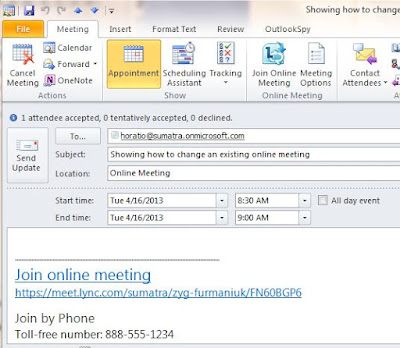The words send shivers down my spine.
We got our first request for a tool to insert holidays server-side after we did a migration for the folks at HMS (shout out to you guys!) for Exchange 2003. That was CDO-based tech, with its positives and negatives.
After Exchange 2007 came out we re-wrote the tool for Exchange Web Services (EWS), added a variety of features and found that folks really wanted it, but not at enterprise licensing levels. Go figure.
But it's a good way of showing what we can do with calendars in migrations, so we've produced an open-sourced lite version of a holiday cmdlet.
Sample code where we build the holiday looks like this:
We've also hard-coded a few things (like, it's picking up your credentials to authenticate against Exchange, so you ARE the service account!).
We think of this more as a mini-tutorial on how to do a calendar-centric cmdlet.
Why a lite version and not the full thing?
Mainly because the full version has a lot of expertise behind it that we're reticent to just give to those of you toiling out there on software knock-offs.
Where from here?
We are market-driven. We're keeping an eye on what we hear back.





















